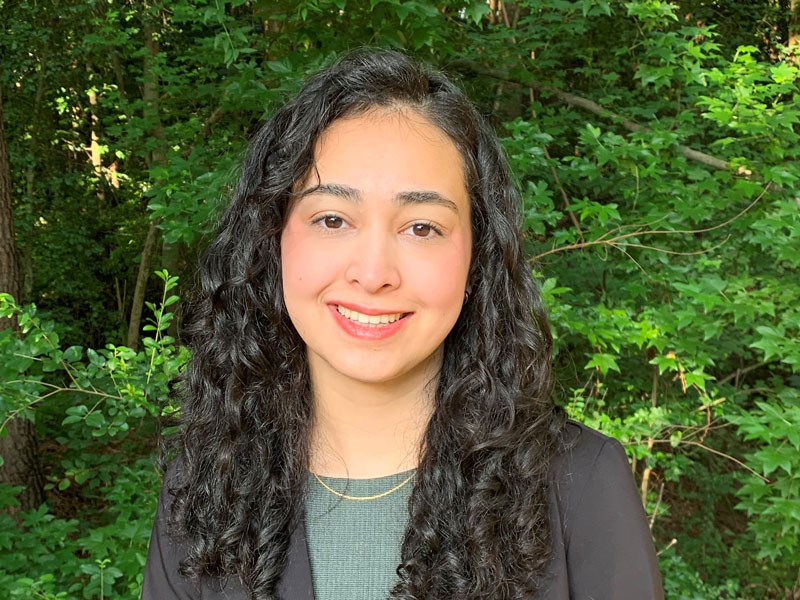College of Design Virtual Points of Interest (POInt) Research Symposium
POIs are important features in the built environment. These non-residential locations denote destinations that support activities like jobs, tourism, recreation and wayfinding. With social media and digital mapping, there is a new emphasis on POI data, different sources (Yelp, Foursquare, Google Places, Open Street Map, etc.), what features they are annotated with, who creates these datasets and classifies POIs, events at POIs, and the value of this infrastructure.
This symposium focuses on cutting edge POI research. It is sponsored by the College of Design and hosted in conjunction with the Georgia Tech Friendly Cities Lab, part of the Center for Spatial Planning, Analytics and Visualization (CSPAV).
Background
The POInt Symposium will cover a range of topics on POIs through speaker-led paper sessions and collaborative discussion. These topics include but are not limited to:
- POI datasets in the past, present, and future, and dataset fidelity, trustworthiness, and governance;
- Temporality and usage, benefits;
- Geolocation and representation;
- Semantics and POIs, including messaging and online reviews, social media, etc.;
- POI classification and dimensionality;
- POIs and mobility, events and social networks;
- Future of POI research;
- POI survival, especially after COVID-19;
- Computational labs and exercises for learning about POI in the classroom;
- ...and more!
Symposium Products and Outcomes
This symposium is an opportunity to expand the knowledge base on POIs through collaborative engagement between researchers, professionals, and students in the field. We seek to deliver three products:
- A memo to be shared online on GaTech's College of Design site, including a written summary of presentations and relevant papers and a summary of the discussion session.
- An informal guide to POI resources to be shared with the public through GaTech's School of City and Regional Planning site.
- A more formal white paper/manuscript on challenges and goals for POI research in 2020s and beyond (all participants are welcome to contribute and participate, but this is optional).
In addition to symposium products, this event will help shape the discussion around POI research. We expect the POInt Symposium to produce the following outcomes:
- A better vision for POI research challenges and opportunities.
- Exposure to research leading to more comprehensive literature reviews and teaching materials.
- Potential collaborations for projects and funded project proposals in the future.
- Inclusion of undergraduate and graduate students who are interested in POI research.
Schedule of Events in ET (Eastern Time)
The POInt Symposium took place on Friday, April 30, 2021. Recordings of the below sessions can be found here.
9:30 a.m. - 10 a.m.: Welcome and lightning talks (3)
10 a.m. - 12 p.m.: Paper Session 1
- Yingjie Hu, University at Buffalo, “Semantic and sentiment analysis on online neighborhood reviews”
- Achilleas Psyllidis, Delft University of Technology, The Netherlands, “Unlabeled and mislabeled POIs: the challenge of classifying urban places”
- Dipto Sarkar, Carleton University, Canada, “Indexing regions of interest”
- May Yuan, University of Texas-Dallas, “Geographic functions and implications of POIs”
- Christa Brelsford, Oak Ridge National Laboratory, “Strategies for validating digital trace data”
- Kevin Sparks, Oak Ridge National Laboratory, “POIs illustrating detailed temporal dynamics of human behavior”
12:15 p.m. - 1 p.m.: Lunch Break
1 p.m. - 2:30 p.m.: Paper Session 2
- Gautam Thakur, Oak Ridge National Laboratory, "Curating planet-scale location intelligence for humanitarian missions"
- Song Gao, University of Wisconsin-Madison, “Uncovering inconspicuous places using social media check-ins and street view images”
- Grant McKenzie, McGill University, “Another place and time: temporal variability in places of interest”
- Shan Jiang, Tufts University, "The geography of accessibility in the US"
- Xinyue Ye, Texas A&M University, "From POIs to semantic data points"
2:30 p.m. - 3 p.m.: Symposium break
3 p.m. - 4 p.m.: Discussion and production of memorandum document (we will solicit notes from those unavailable). This memo to be shared online on GaTech's College of Design site, including a written summary of presentations and relevant papers and a summary of the discussion session.
Questions?
Contact Us



